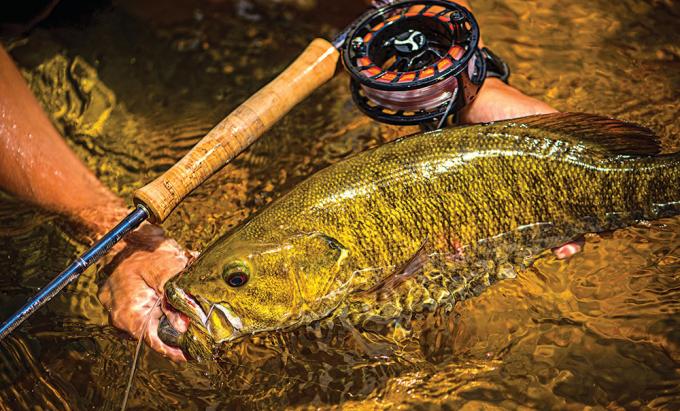Track Variants
Question
Hi Jim. When constructing a track variant would there be much difference in using the overall median time for say 8 furlongs, as opposed to the median for each type of race at 8 furlongs as Andy Beyer does. Would it be less accurate just to compare the days times to the overall median at each distance. Thanks for your help.
Answer
Hi Graham:
Thanks for your question. Speed handicappers, like me, have been trying to answer that question for years and I don't think it matters much either way you decide to do it. Not only have I struggled with the question, but most of the really good handicappers have too! I'm going to quote George Kaywood, a handicapper who has written numerous articles for American Turf Monthly, the Phillips Racing Newsletter, and other publications. He has been quoted in classic handicapping books by authors like James Quinn and Dick Mitchell. He has been a presenter at Handicapping Expo and is the author of "Handicapping in Cyberspace: The Horseplayer's Complete Guide to the Internet".
George's words are:
Quote:
A Meaningful Daily Track Variant
First there was the Daily Racing Form's track variant, based on variations from track records, later modified to reflect variations from best time in a three-year time period, and averaged for different distance groups.
Then there was the Daily Track Variant methodology of Andrew Beyer, based on class-speed pars (sometimes adjusting for or just ignoring seemingly aberrant races).
And most recently, there are various variants conjured by computers, although their various vendors usually don't offer explanations of just how they're figured.
Is one better than another? Should you make your own? Are they any good at all?
Like so much of handicapping, the answers are usually vague, but not necessarily inaccurate. Yes, some are better than others, but it really depends on (1) how the original speed figures are constructed, and (2) the track you are playing. I know from experience that homemade figures are usually the very best, and well worth the effort if you are playing only one track (the amount of time needed to maintain more than one--two at most--sets of figures and variants is usually more than the average player is willing to spend).
If you're a simulcast player who can't get to the OTB every day, there's a simple alternative that's a reasonable shortcut. You will need a set of par times, which can be obtained easily and inexpensively from commercial sources. Instead of making detailed pars, simply match the running times of each day's races with the pars, and based on what you see, use one of these designations to note the speed of the surface for the day in your notebook:
Very Slow
Somewhat Slow
Neutral
Somewhat Fast
Very Fast
Players who rely heavily on numbers will throw their hands up in horror at this concept. But I've found that this type of non-numerical variant makes it a lot easier to concentrate on other important variables such as whether a horse is likely to improve or decline based on the way in which he ran his past few races rather than just assigning a number to a highly subjective consideration.
Pace-oriented players will find a useful parallel in designating a "style variant" for each day in addition to using a surface speed variant:
Favored Early Speed Heavily
Favored Early Speed Somewhat
Neutral
Favored Closers Somewhat
Favored Closers Heavily
This tip is designed to steer you away from getting caught in one of the oldest traps in racing: trying to reduce EVERYTHING to a single number upon which to make your wager in a race. Some computer program-writers claim it can be done and at some tracks in the short term, maybe it can.
But the successful handicapper, the real pro, knows that the vagaries of so many factors that are interdependent cannot be represented in one Magic Number. There is and always will be a subjective element-the element that makes handicapping an art and not a science.
Unquote
After I read this, I decided it didn't matter how you come up with the variant, because it is not that important in handicapping and I agree with George that handicapping is an art and not a science.
I hope this helps you understand the age-old question of "how do I construct a track variant?" If I have helped you, please take the time to give me a rating.
Thanks again for your question.
Jim
how to determine if a horse gos up or down in class
Getting started


